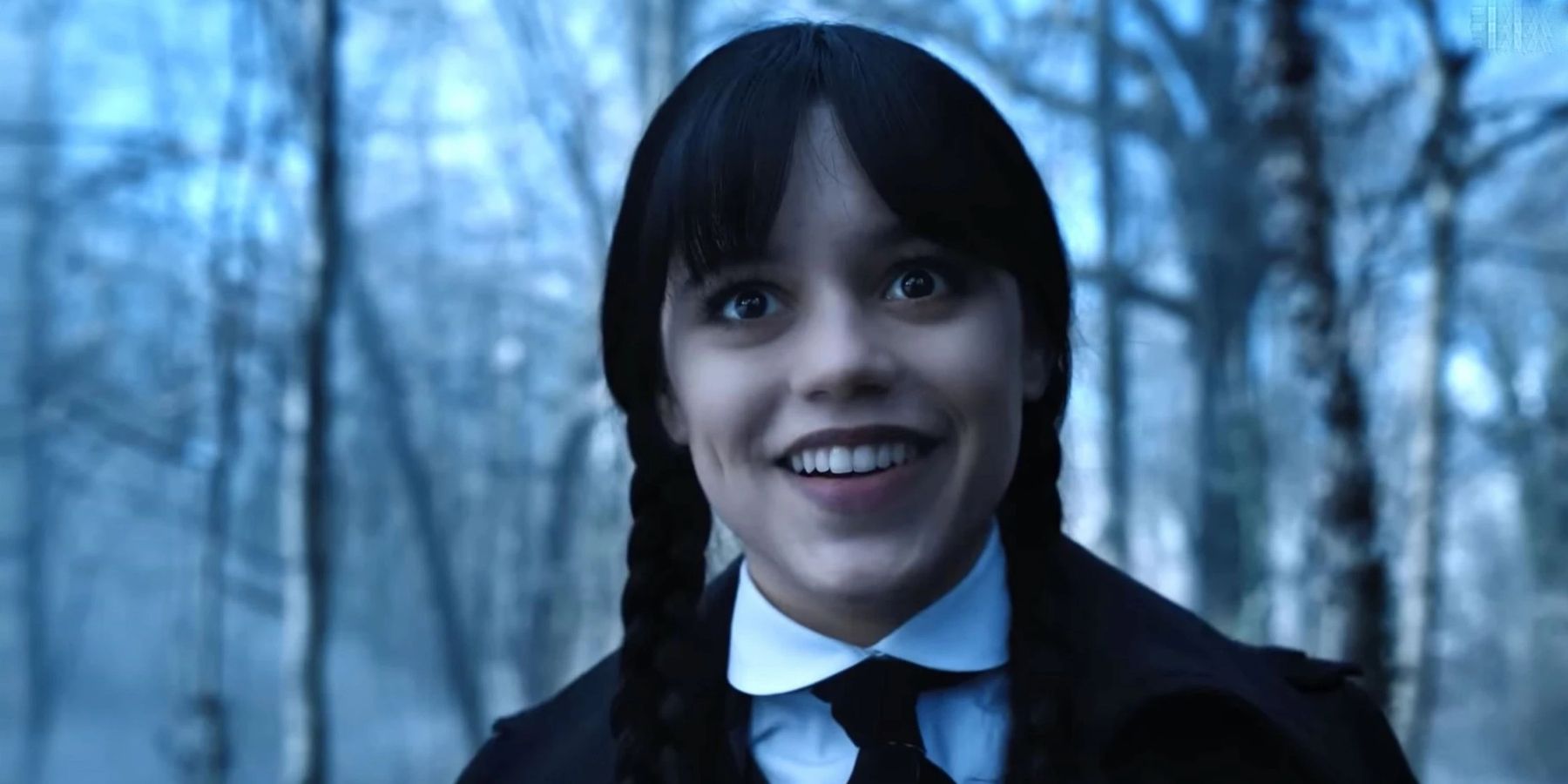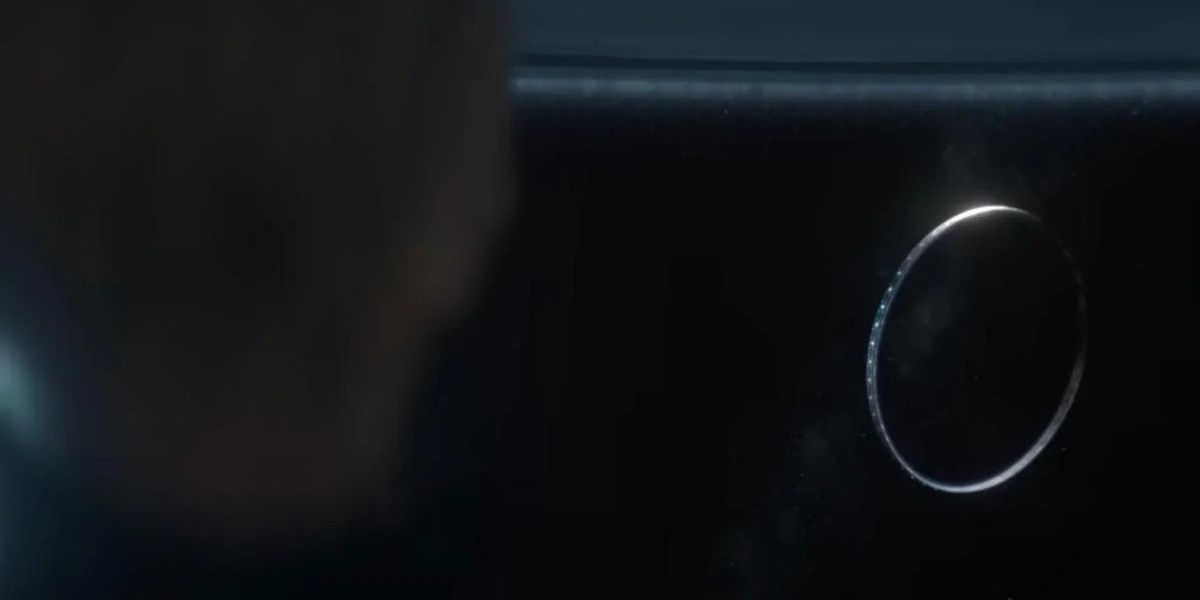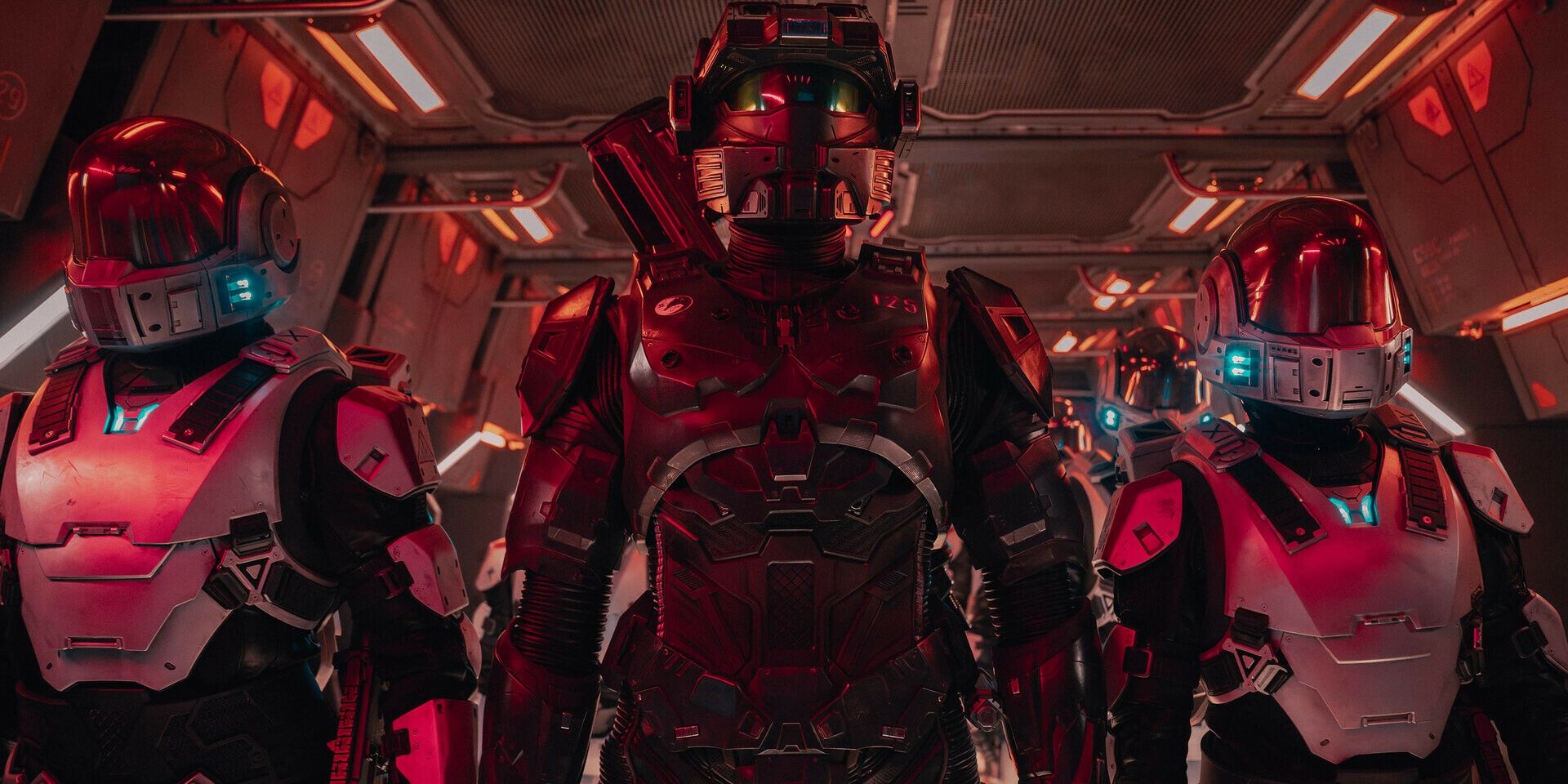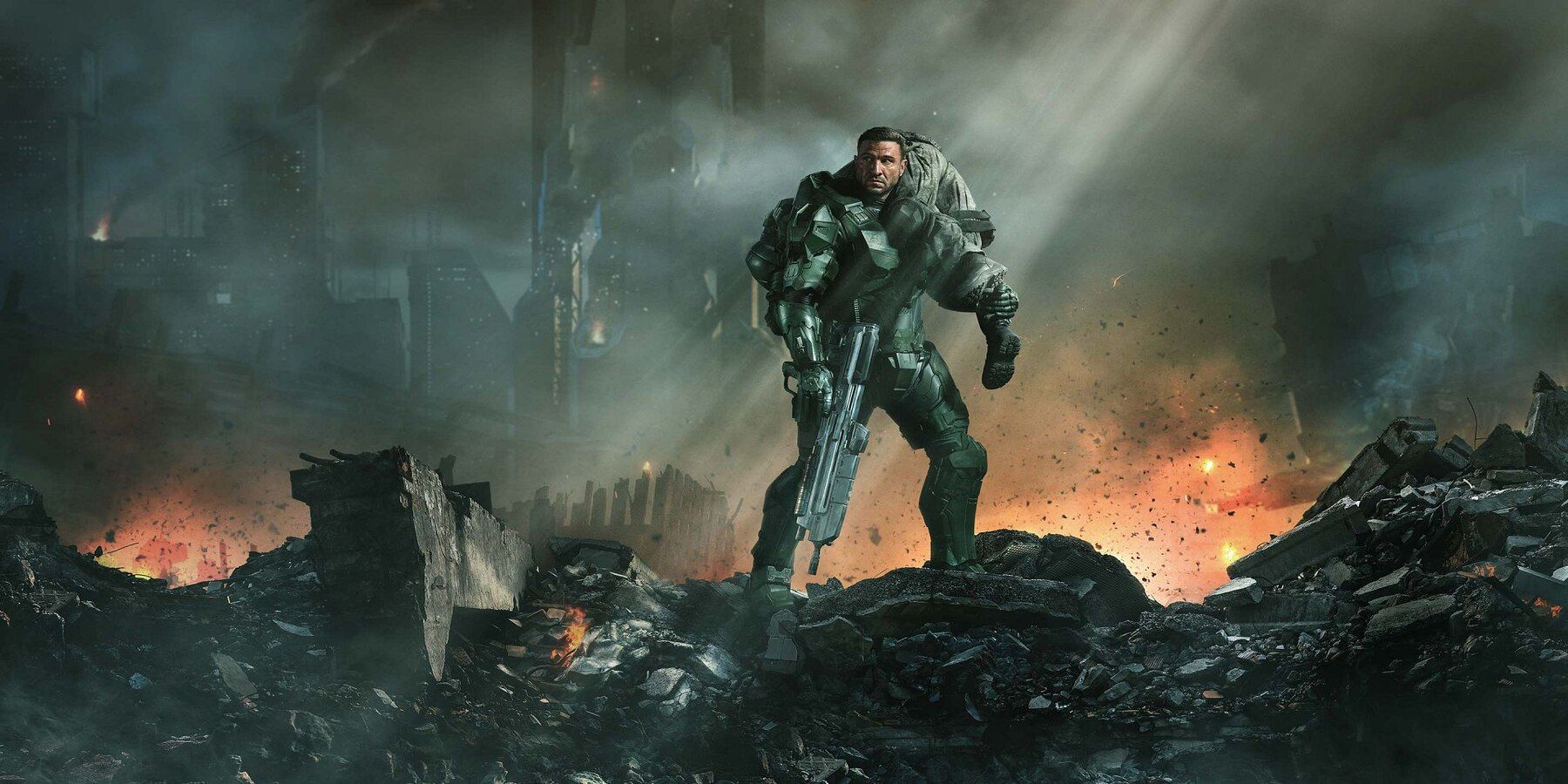Halo's self-titled season two finale is a perfectly serviceable end to a messy eight-episode ride. More than its source material, it's reminiscent of Marvel's Punisher series. That show also drove its main character through semi-connected adventures of questionable quality before finally landing him in his comfort zone in the second season finale. If this is John's last ride, fans will never stop complaining. If "Halo" is a sign presaging an improved third season, there may still be hope.
"Halo" is the second episode credited to showrunner David Wiener. He also wrote the season premiere. Wiener had a stronger overall vision for the series than season one's Kyle Killen and Steven Kane. His interview in the first Halo after-show suggested a focus on personal stakes and character-focused storytelling that shouldn't have been as surprising as it was. While his mandate was only enforced periodically, it led to an improvement over the debut and both of his scripts are decent.
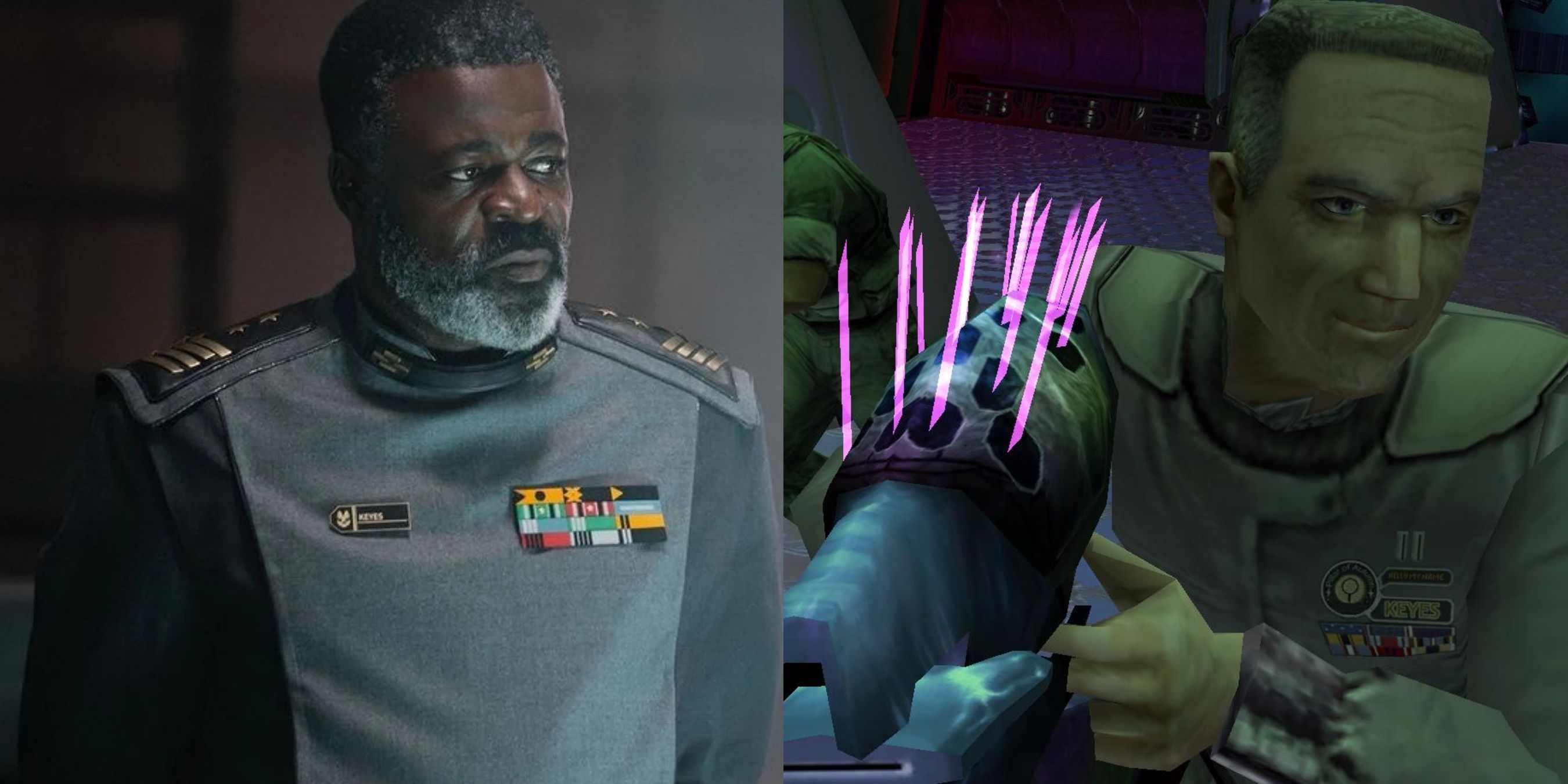
Halo: Who is Jacob Keyes?
The iconic strategist from the first Halo game has a slightly different role in the ongoing TV show.
"Halo" sees the convergence of several renegade narrative threads, but it confidently introduces two critical elements. John opens the episode in a documentary-style talking head interview with an unseen voice. The interviewer remains shrouded for most of the episode. Its second scene depicts Miranda Keyes discovering the biological marvel she and her mother found in the Forerunner library. Fans will clock its unpleasant microscopic growth in moments, but the rest of the local UNSC employees are less lucky. The season two finale unleashes the Flood upon an unsuspecting population, swiftly escalating the sci-fi workplace drama into an explosive body horror extravaganza. It's a stunning new direction for the series, though it can't build to much with everything else "Halo" has to get through. Fans will have to wait and see whether this setup pays off in a theoretical third season.
The A-plot follows the long-teased execution of the UNSC attack on the Halo Array. Kai leads the Spartan-IIIs on their suicide mission while the Master Chief debates the merits of leaving them to die. In a bizarre moment, John flips a coin to determine his decision. This doesn't seem in character, especially when viewers know which choice he's likely to make. The assault on the Covenant vessel goes awry in several compelling ways. In due time, John leaps into a well-constructed action set piece and saves some percentage of the day. Unfortunately, getting into spoilers a bit, Kai still feels the need to sacrifice herself. John's noble speeches about Spartans never dying fall upon deaf ears when every interesting character leaps on a metaphorical grenade to let him continue his campaign. It's not unlike the treatment of cutscene-only characters in a Halo game. If they're not playable, they're on borrowed time. It's sad to see Silver Team go out like this, though Kai could still theoretically emerge unharmed.
While John fights his way to the Halo Array, Soren struggles to rescue his wife and son. Halo briefly gives way to a Resident Evil title as every attendant in the UNSC prison succumbs to the Flood and becomes a monster. Most stand idly, but the few that attack do so with somewhat impressive visual effects. The sudden conflict makes strange bedfellows out of Soren and James Ackerson. It's ultimately all for naught, as the Flood quickly shakes up the cast list for next season. Several characters suffer infection, but it'll be hard to know who will and won't make miraculous recoveries. The season two finale's theme seems to be well-constructed scenes with tragic implications for later outings.
The ostensible climax of Halo season two devolves into a sword fight with the series' dull iteration of the Arbiter. Bizarrely, it's one of the least engaging one-on-one duels in the series. While they scrap, Makee badgers them both about destiny and responsibility. John has time to discuss their half-formed disagreements before sitting down for the final interview segment. John's last lines in the season are a bracingly straightforward explanation of the basic thematic thrust of the story so far. It's reminiscent of those often tragic interviews in which film directors sometimes spell out every element of their narrative to an audience unwilling to examine the text or subtext. There's something to be said about the season's showrunner looking at the other scripts and deciding the only way to drive home his point is to have the Master Chief say it down the camera's barrel. Better luck keeping a consistent tone and message next season.
After all this sound and fury, Halo season two is a thoroughly mediocre sci-fi action series. It couldn't stand on its own without the billion-dollar franchise at its back. Still, "Halo" provides some inkling of hope that a theoretical third season could keep its helmet on straight and deliver something transcendent. This can't be all fans aspire to. If critics had called Halo 2 a decent preview of a potentially decent project, they'd have rioted in the streets. The show still has room to grow, but Halo will be enough for some fans, as it always has.
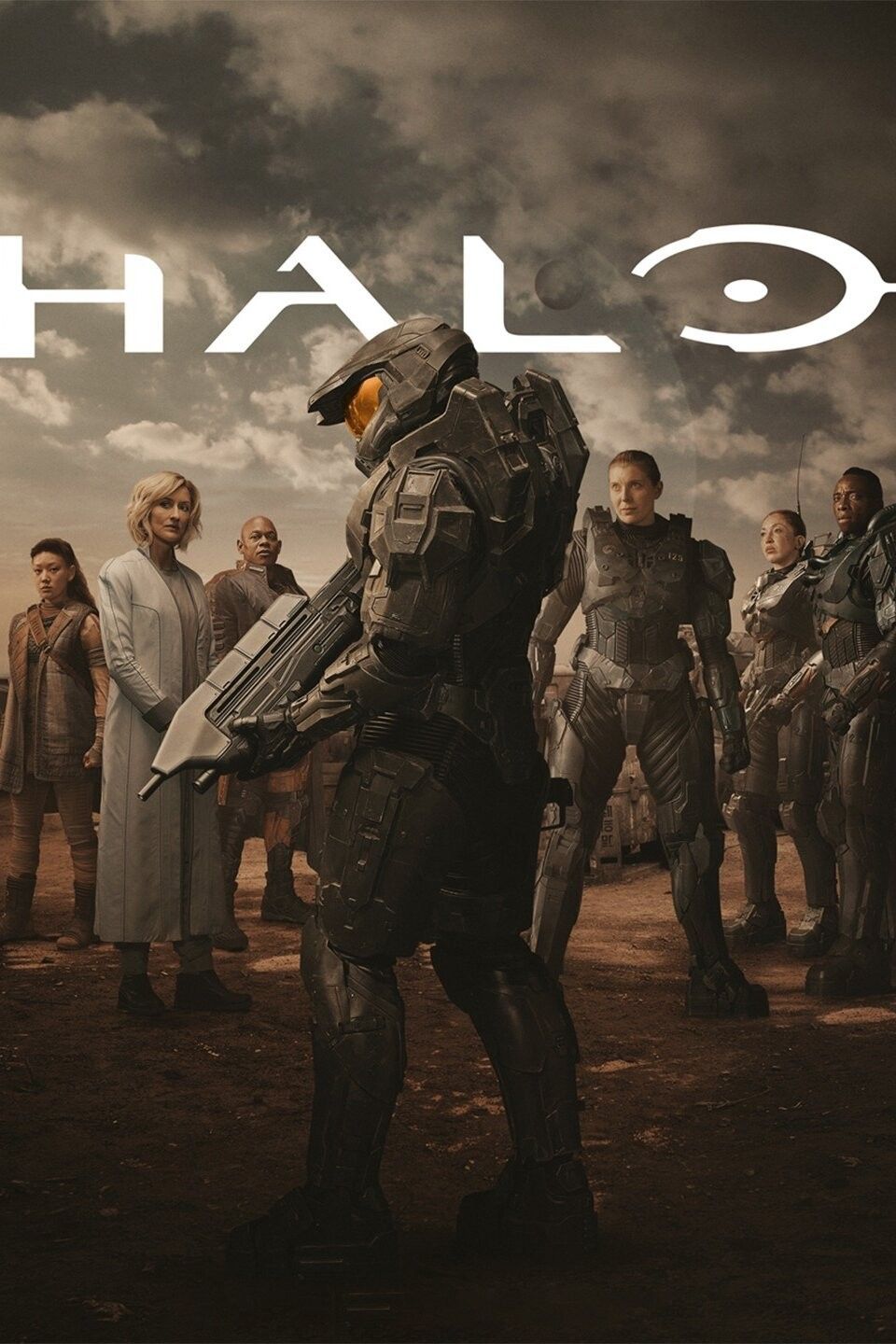
Halo
Season 2, Episode 8: "Halo": The climactic conclusion sees the Master Chief make a fateful decision as a new threat upends life as he knows it.
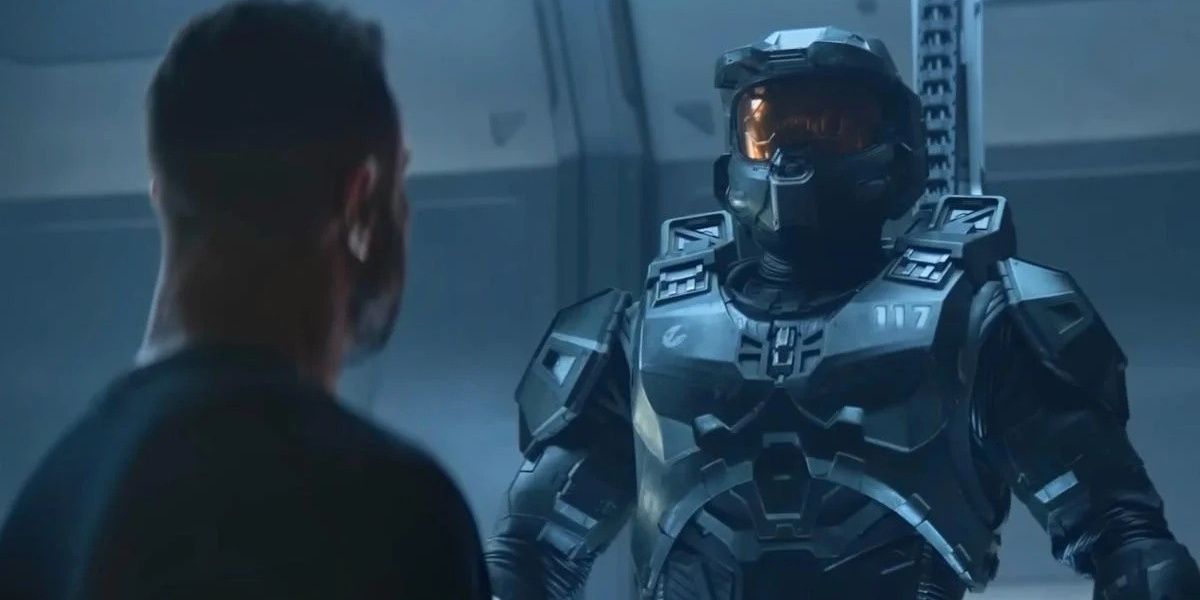
Halo Season 2 Episode 7 Review
The penultimate episode of Halo's second season spends most of its time setting charges for its theoretically explosive finale.

